Venturing into the vibrant world of aquariums unveils an intricate balance crucial for underwater life: oxygen. The heartbeat of a flourishing aquatic ecosystem lies in maintaining optimal oxygen levels within the tank. As guardians of this aquatic realm, understanding the significance of diffusing oxygen swiftly into tank water becomes paramount.
Content Table
In this guide, we’ll explore the art of oxygenation, and its pivotal role in different tank environments, and uncover the perfect bubble diffuser kits adept at swiftly infusing life-sustaining oxygen into aquariums. Join the journey to unlock the secrets of sustaining an oxygen-rich haven for your underwater companions.
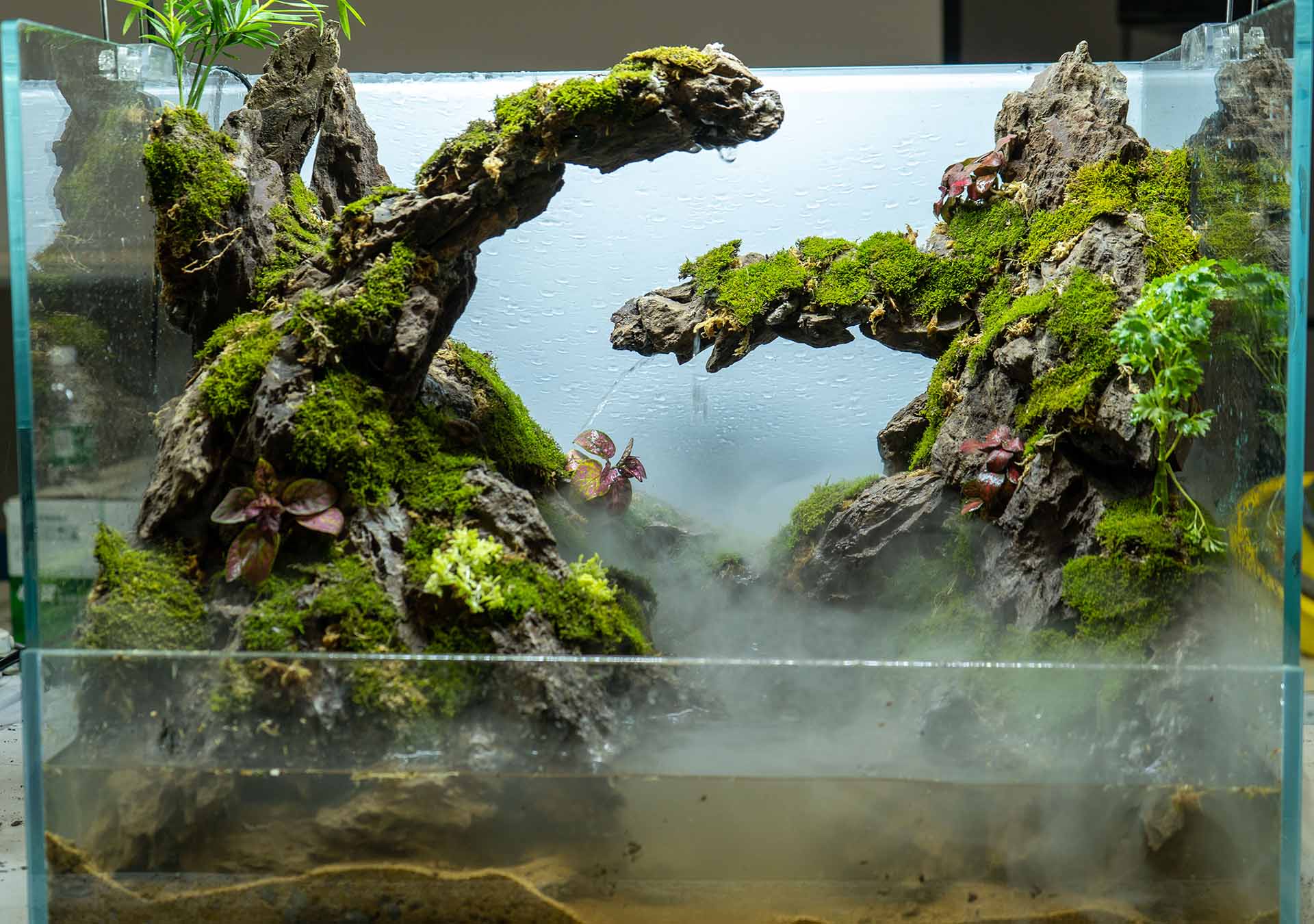
Why Diffuse Oxygen to the Tank Water
Oxygen is the lifeblood of any aquatic ecosystem, playing a pivotal role in maintaining the delicate balance necessary for fish and other tank inhabitants to thrive.
Benefits of Oxygen Diffusion
Respiration Support: Just like land animals, fish breathe oxygen to survive. Diffusing oxygen into tank water ensures an ample supply for their respiratory needs, preventing suffocation and stress.
- Waste Breakdown
Efficient oxygen levels aid in the decomposition of organic matter and waste, keeping the tank cleaner and reducing the risk of harmful ammonia build-up. - Biological Processes
Oxygen supports essential biological functions in fish, plants, and beneficial bacteria. It fuels metabolic processes and contributes to a healthier overall ecosystem.
Tanks Requiring Oxygenation
- Freshwater Tanks
These environments, particularly those housing high-energy or large fish species like cichlids or goldfish, demand increased oxygenation due to higher metabolic rates. Additionally, heavily planted tanks benefit from elevated oxygen levels, as plants consume oxygen during the night.
Tanks Potentially Not Needing Air Diffusers
- Saltwater Tanks
Natural wave motion in saltwater tanks often generates sufficient surface agitation, leading to higher dissolved oxygen levels without the need for additional air diffusers.
- Low-Demand Tanks
Tanks with minimal fish stocking or low-energy fish species might not necessitate air diffusers beyond what’s naturally provided by filtration systems.
In essence, diffusing oxygen into tank water isn’t just about keeping the water oxygenated; it’s about fostering a habitat where fish can thrive, ensuring their health and vitality while supporting the overall balance of the aquatic ecosystem.
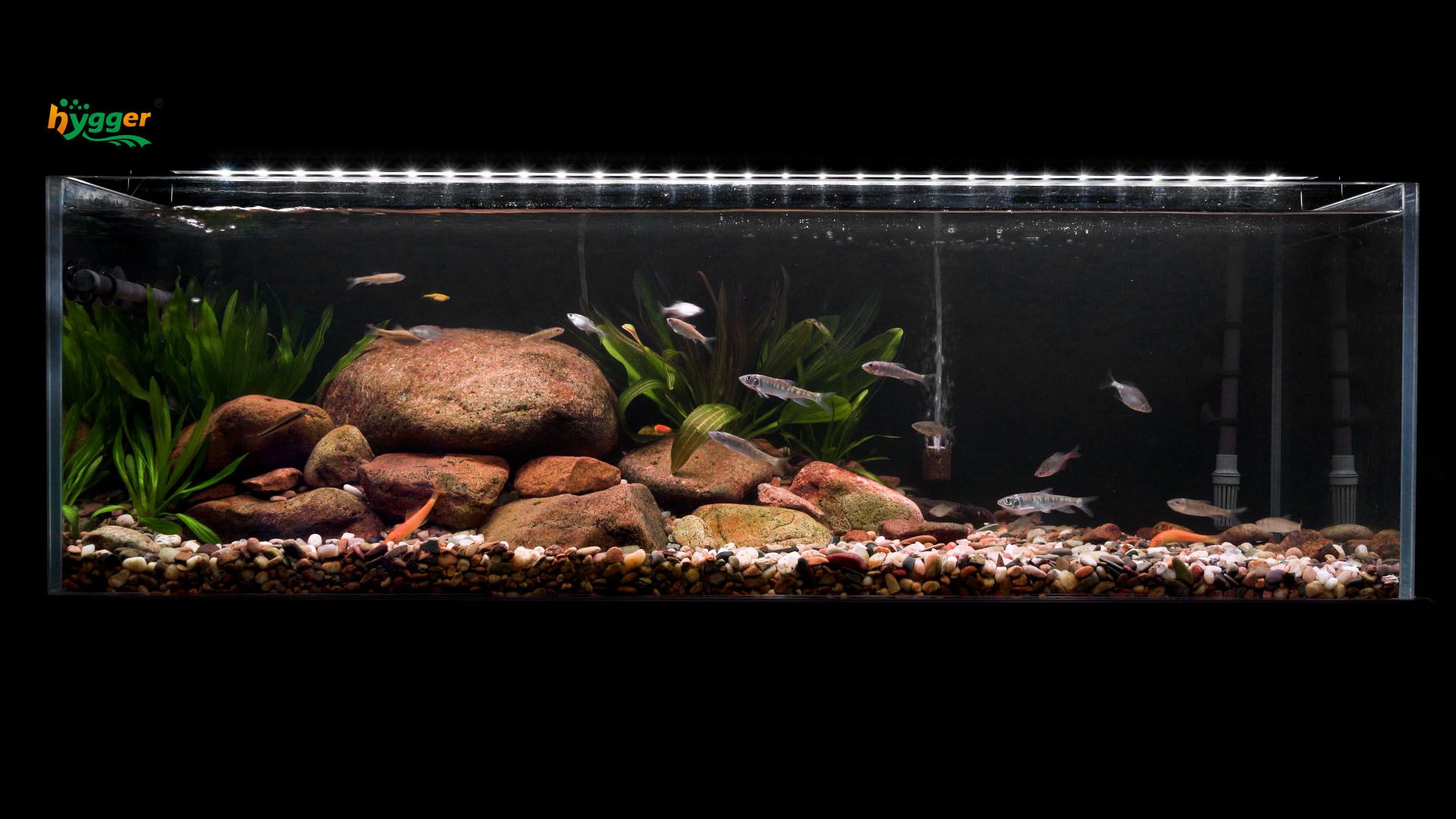
How to Add Oxygen to a Fish Tank Fast
Utilize High-Output Air Pumps
Investing in a high-output air pump is an effective way to infuse oxygen into your tank quickly. These pumps produce robust airflow, creating vigorous surface agitation that enhances oxygen exchange. Opt for pumps with adjustable settings to tailor oxygen levels to your tank’s specific requirements.
Air Stones and Bubble Wands
Pairing your air pump with air stones or bubble wands can significantly boost oxygenation. These accessories disperse air more evenly throughout the tank, increasing surface area contact and thus accelerating oxygen diffusion. Strategically placing these tools in areas with low water movement ensures uniform oxygen distribution.
Increase Surface Agitation
Adjusting your tank’s filtration system or adding aerating ornaments can create a surface disturbance. This agitation promotes gas exchange, allowing oxygen from the air to dissolve rapidly into the water. This method is particularly beneficial in smaller tanks or areas with limited water movement.
Aerate Using Powerheads or Wave Makers
Powerheads or wave makers not only improve water circulation but also aid in oxygenation. These devices produce strong currents that break the water surface, facilitating oxygen absorption. They are instrumental in larger tanks or tanks with densely populated fish.
Oxygenating Plants
Introducing additional oxygenating plants can naturally augment oxygen levels. Plants like Amazon swords, Vallisneria, or Java moss undergo photosynthesis, releasing oxygen into the water. Increasing plant density within the tank can provide a steady oxygen supply, especially during daylight hours.
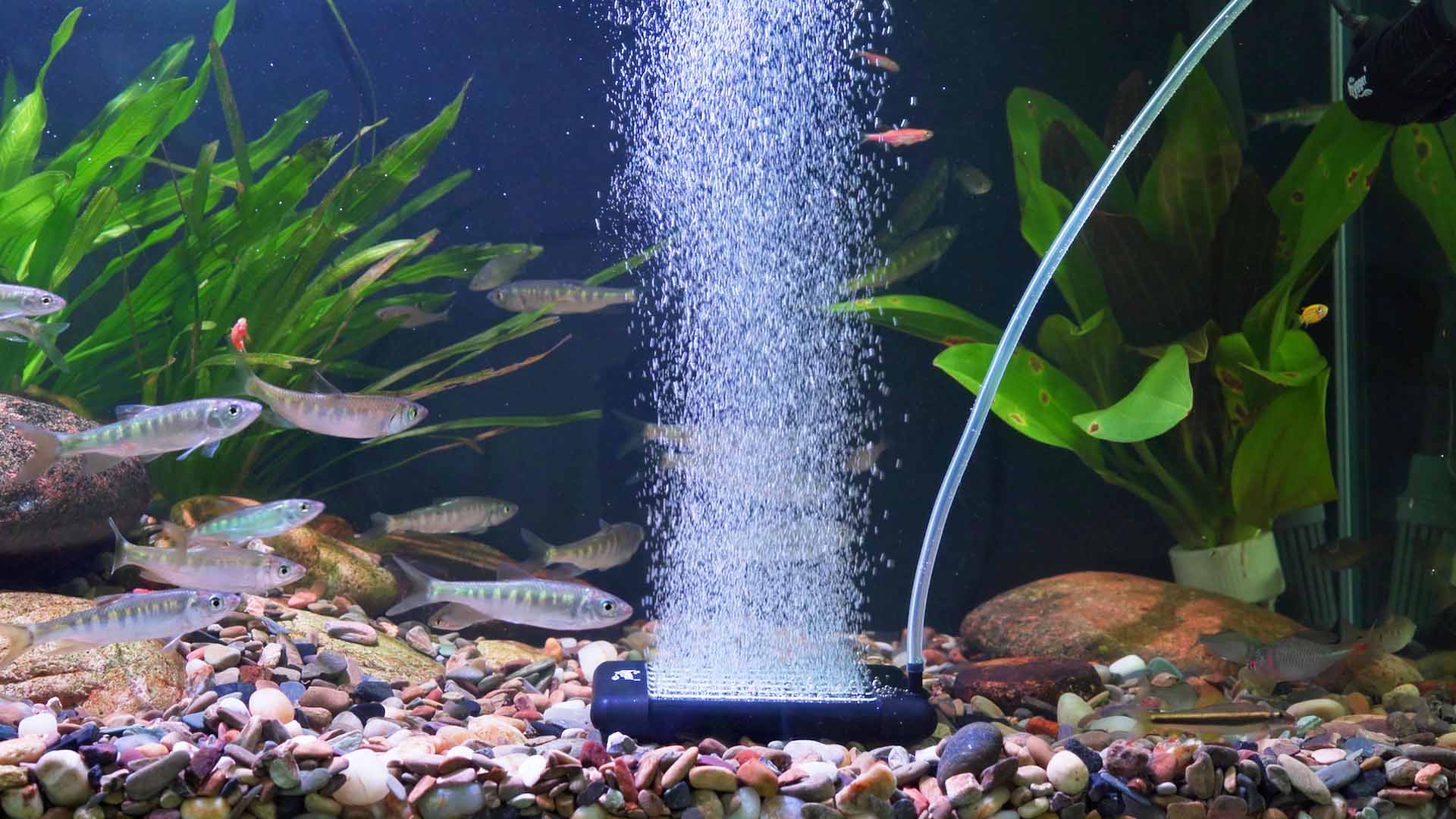
Fish Tank Air Diffuser Installation
Installing an air diffuser like the Hygger 093 air diffuser coupled with the Hygger 078 air pump is straightforward, ensuring efficient oxygenation within your fish tank.
Step 1: Gather Your Equipment
Before you begin, ensure you have all the necessary equipment: the air diffuser, air pump, airline tubing, and a reliable power source.
Step 2: Positioning
Select a suitable location within your tank for both the air pump and the diffuser. Optimal placement ensures even oxygen distribution. The diffuser should ideally be placed at the bottom of the tank, allowing bubbles to rise uniformly.
Step 3: Connecting the Components
Attach one end of the airline tubing to the air pump outlet. Then, carefully attach the other end to the air inlet on the diffuser. Ensure a secure connection to prevent air leakage.
Step 4: Securing the Setup
Carefully place the air pump on a stable surface near the tank. Avoid placing it directly on the tank or any unstable surface to minimize vibrations.
Step 5: Powering On
Plug the air pump into a power source and switch it on. You should see a steady stream of bubbles emerging from the diffuser. Adjust the airflow using the pump’s settings to achieve the desired oxygenation level.
Step 6: Maintenance and Monitoring
Regularly check the air pump and diffuser for any blockages or buildup that might hinder proper airflow. Clean them as needed to maintain optimal performance.
Recommended Air Diffuser Sizes
Selecting the right air diffuser size is crucial for effective oxygen diffusion. Here’s a guide based on tank capacity:
| Tank Size | Recommended Air Diffuser Size |
| 10 Gallon | Small/Medium |
| 20 Gallon | Medium |
| 30 Gallon | Medium/Large |
| 50 Gallon | Large |
| 75 Gallon | Large/X-Large |
| 100 Gallon | X-Large |
Final Word
Maintaining optimal oxygen levels in your aquarium is a fundamental aspect of ensuring the well-being of your aquatic friends. By understanding the needs of your tank and choosing the right oxygenation method, such as employing efficient air diffuser kits like the Hygger series, you can create an environment where your fish thrive.
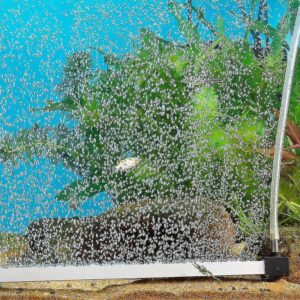
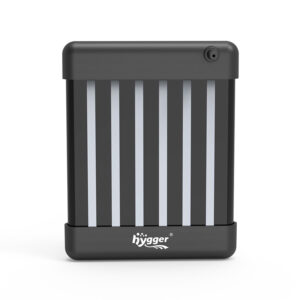
Leave a comment